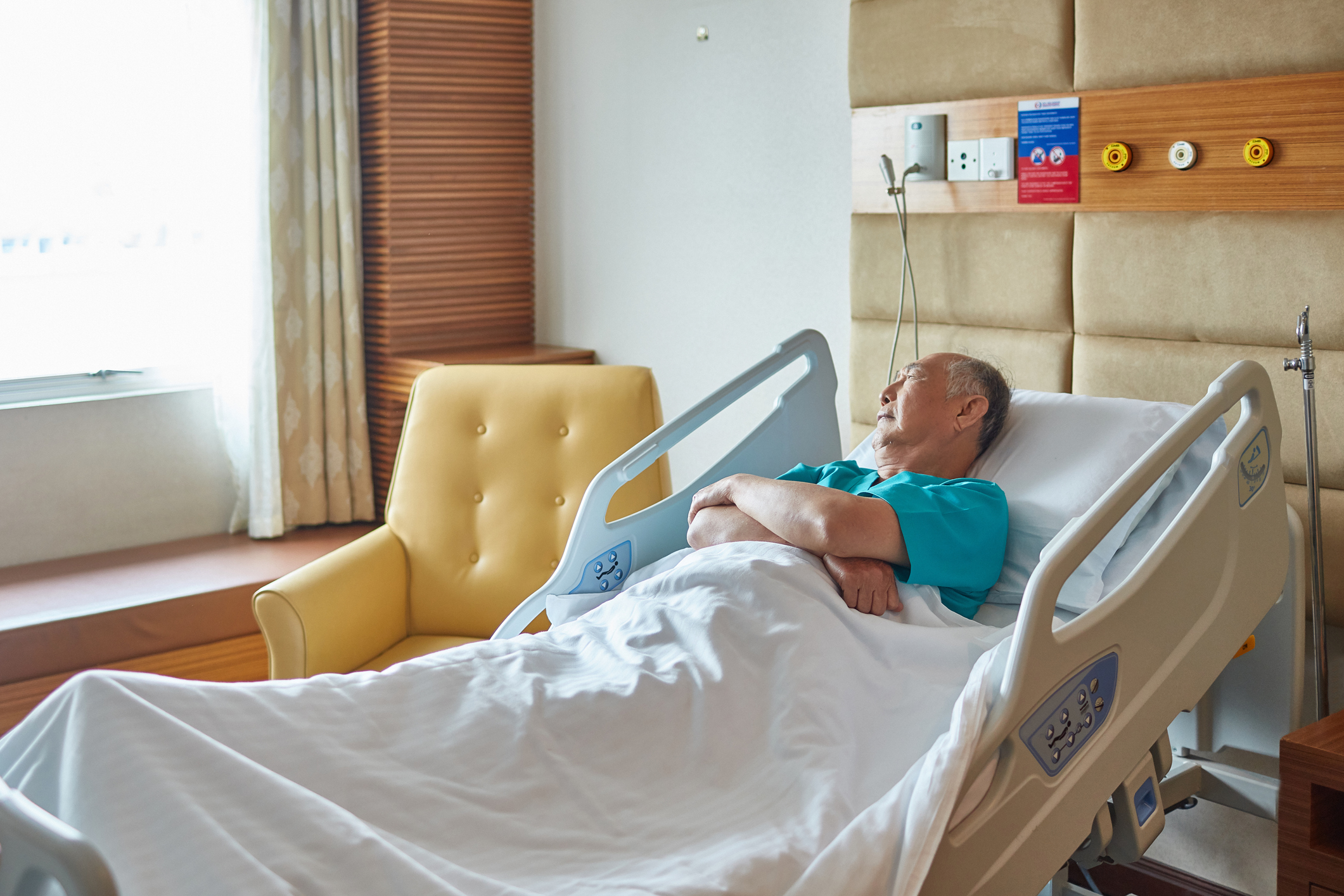
Hospital delirium frequently occurs in seniors and researchers are working to better understand this condition.
A hospital stay is not something a senior looks forward to, but at least there is the reassuring fact that the required care and treatment will be delivered to provide healing. But what happens when the outcome is not as expected, and the senior ends up with a new health concern? More and more often, a startling condition is surfacing in conjunction with hospitalizations for older adults: hospital delirium.
Coined “ICU psychosis” by geriatrician Sharon Inouye of Harvard Medical School, hospital delirium is both “underrecognized and underdiagnosed.” And possibly even more troubling, in up to 40% of the cases, the condition is preventable in seniors. It’s thought to be caused by the bright, active atmosphere that renders sleeping difficult, or by a particular type of medication a senior has been prescribed, such as a narcotic or anti-anxiety prescription.
Studies are showing that the longer a senior stays in the hospital, the higher chance she or he will develop hospital delirium. And the impact could be both severe and long-lasting. An astonishing eight out of ten adult ICU patients displayed markedly lower cognitive test outcomes than usual (based upon education and age predictions), in spite of the fact that only six percent had any cognitive impairment before the hospitalization. Furthermore, as many as 2/3 of the patients showed a level of impairment that would be expected in an individual with mild dementia or even a TBI.
It’s not conceivable to just avoid hospitalizations for older adults, so what’s the ideal way to manage this growing concern? One particular solution is a program known as HELP, Inouye’s Hospital Elder Life Program. It is currently available in 200 hospitals across the United States and is making strides in preventing hospital delirium through visits from trained volunteers who offer assistance to help older adults stay oriented.
Inouye is also utilizing the CAM scale (Confusion Assessment Method) to help evaluate understanding of potential delirium, and is striving to encourage alternate techniques to address anxiety – such as the comfort of a companion in the place of strong anti-anxiety medications.
Grace Home Care, a well-regarded provider of award-winning Topeka senior care, is also here to help in many different ways when the older adult is released back home. Our knowledgeable home care team can:
- Offer warm and friendly companionship
- Provide medication reminders
- Prevent falls in the home
- Pick up groceries and cook healthy meals
- And much more
Our home care services are available to help older adults avoid the re-hospitalizations which can bring about hospital delirium. When a hospital visit is needed, however, we can help older adults transition back comfortably and safely to home and keep a close eye on their condition.
Contact us online or at 785-286-2273 for a free in-home consultation to learn more about our Topeka senior care services and how they are able to improve health outcomes for a senior you love.
